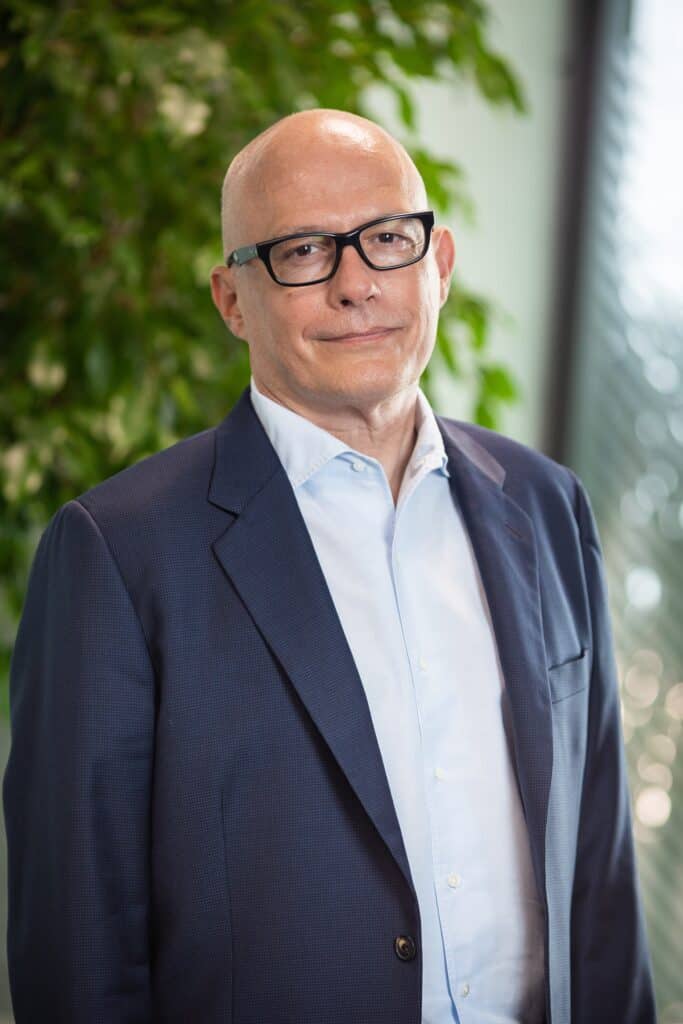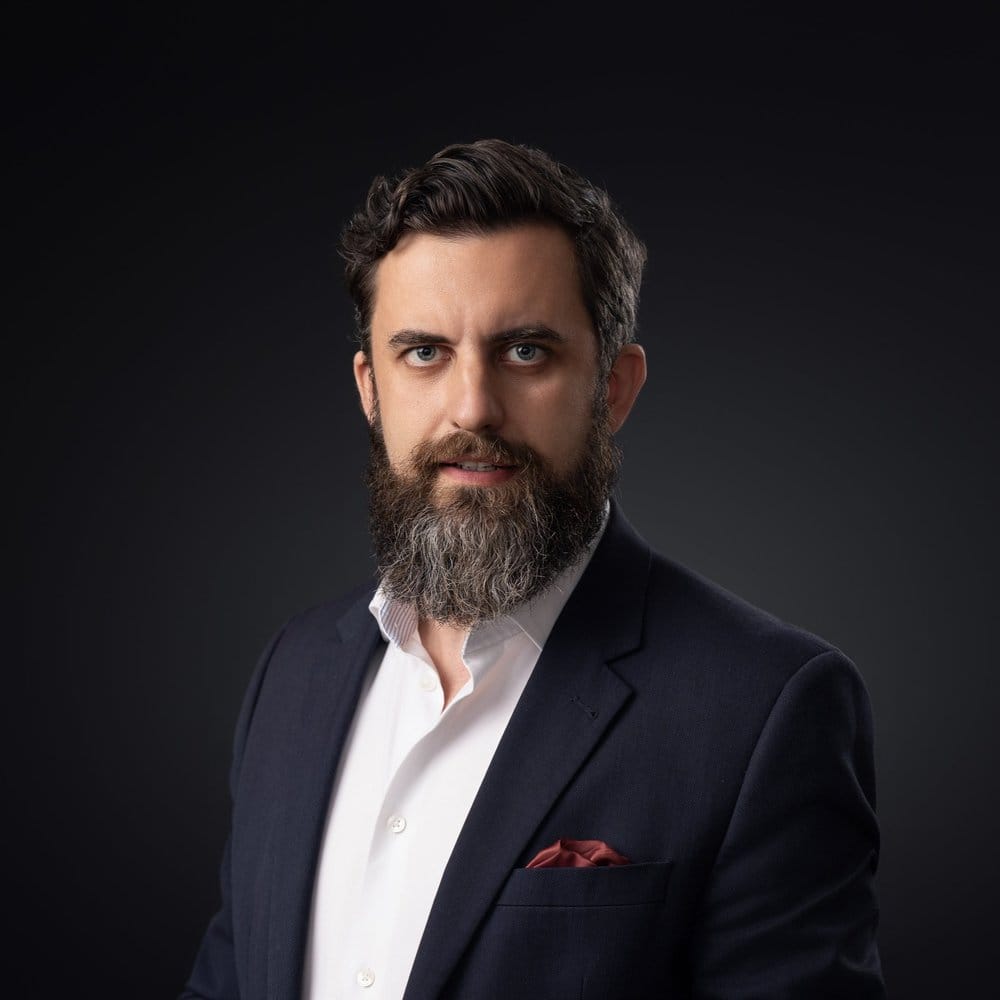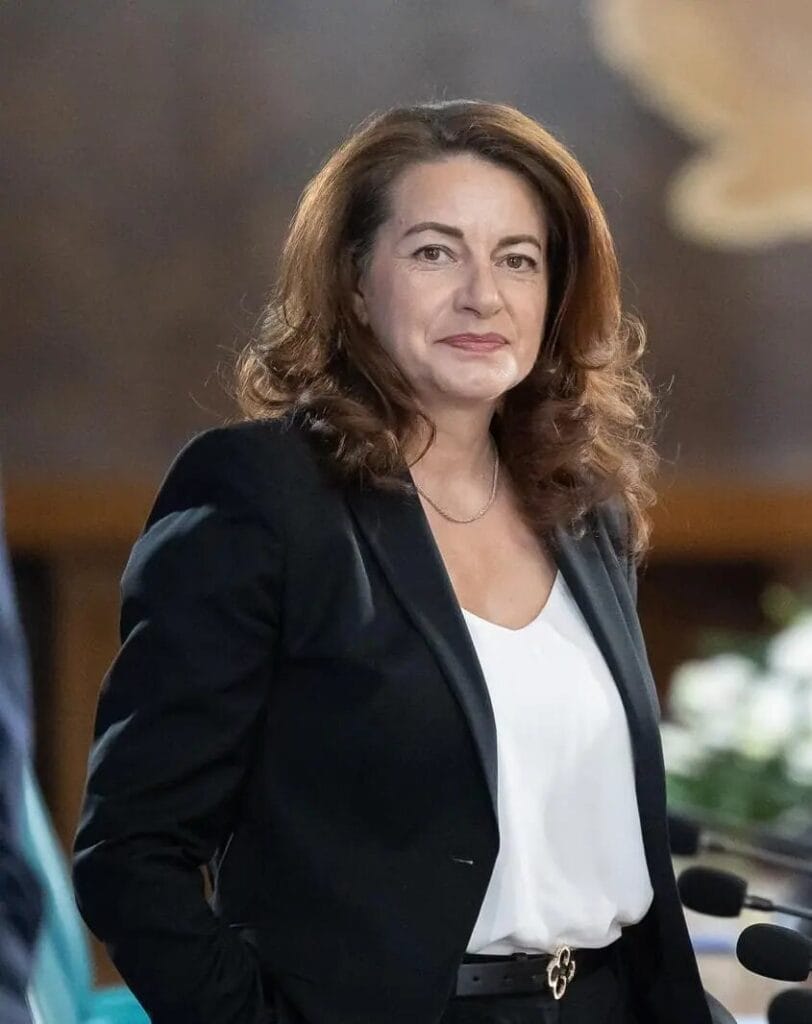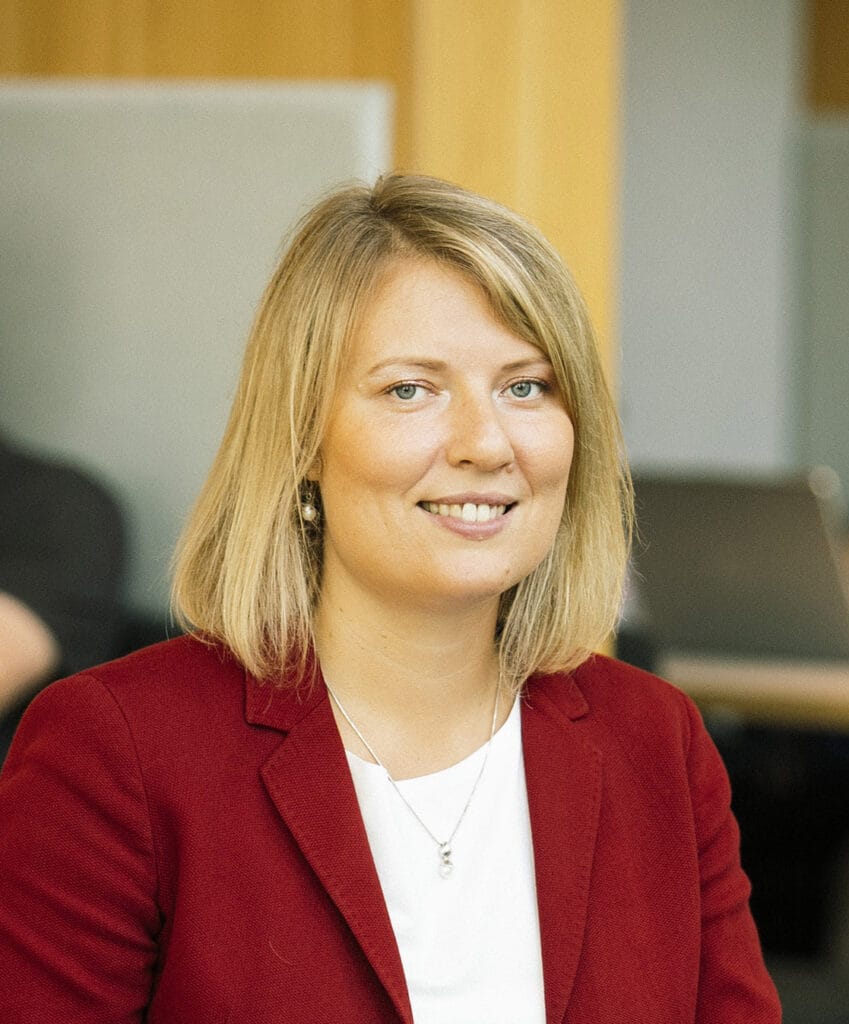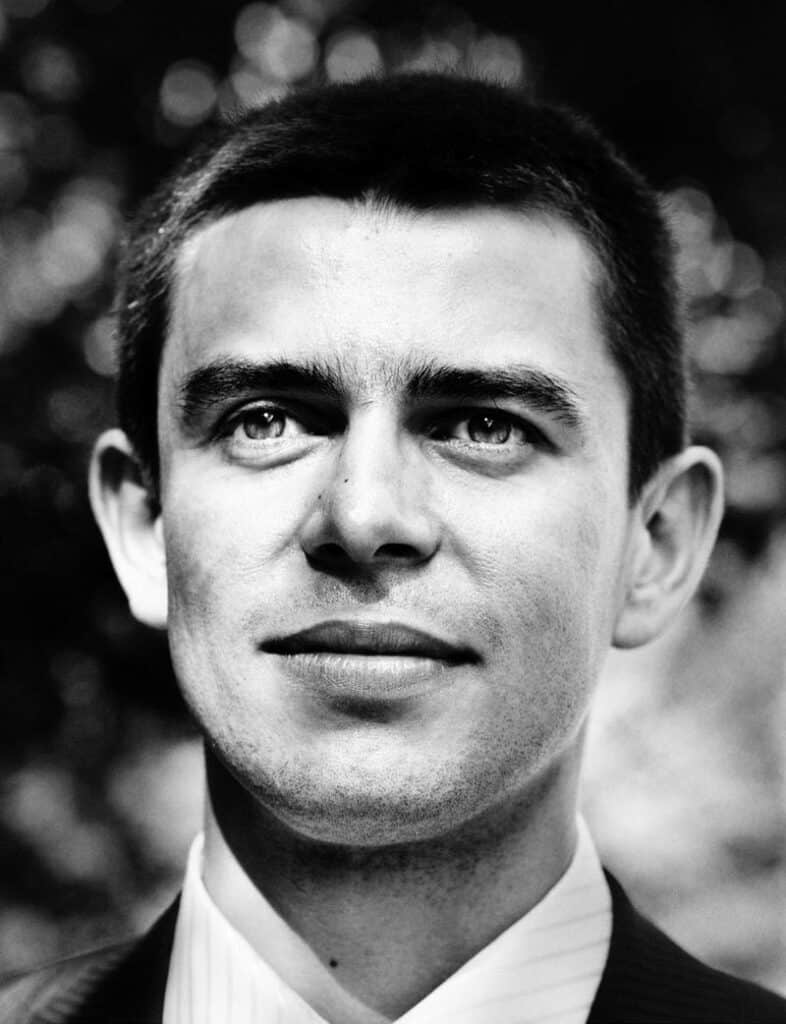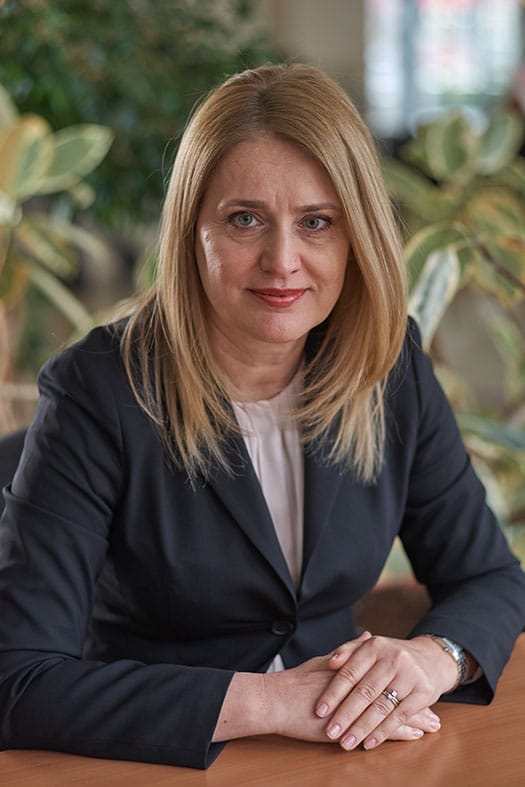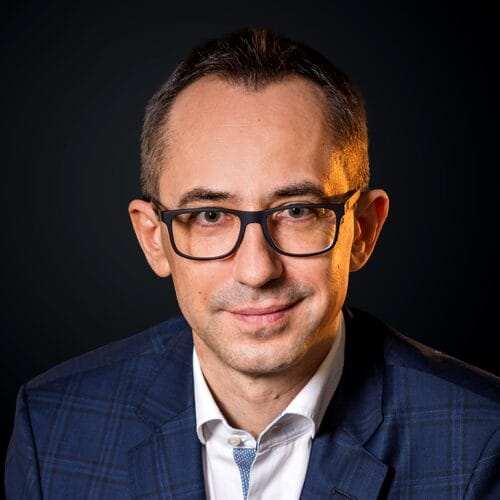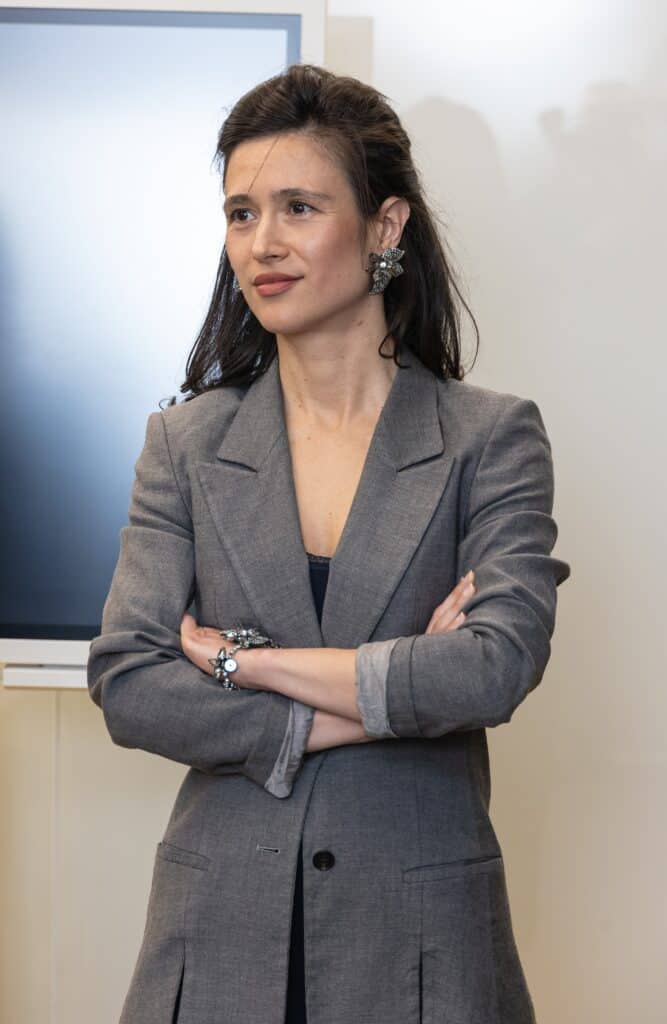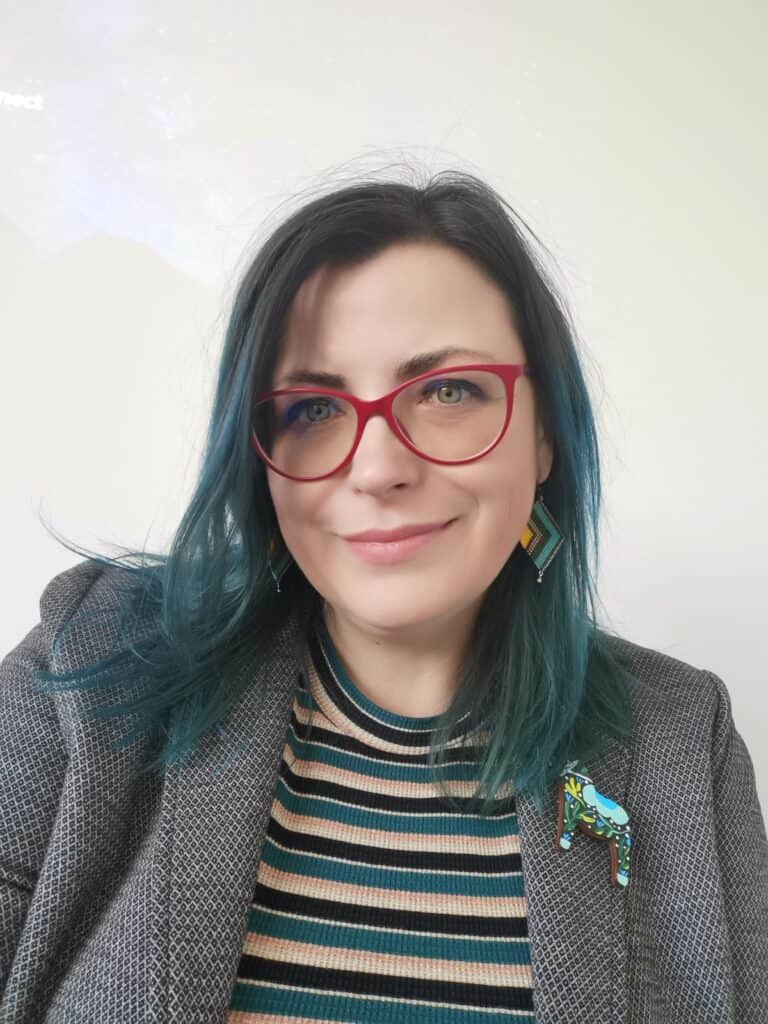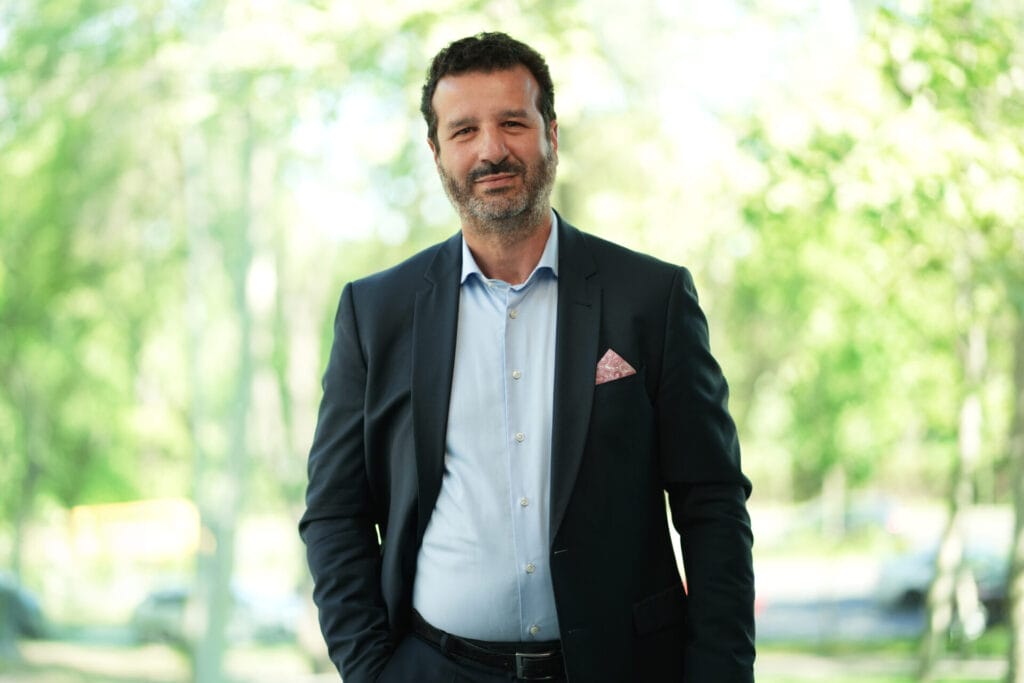How Renewable Energy Can Drive Energy Costs Lower in Europe Sustainably
The key factor behind the surge in energy prices in Europe is the high cost of natural gas. This volatility means that we cannot accurately predict when the crisis of high energy prices will fully subside. However, it is crucial that, even after the crisis passes, we do not forget the lesson it has taught us: being dependent on fossil fuels is risky and unsustainable in the long run.
What we can predict with greater certainty is the solution to emerge from this crisis: electrification powered by renewable energy. As energy usage continues to shift toward electricity, especially from renewable sources, we will gradually reduce reliance on fossil fuels. This transition is essential, as our societies become more urbanized, and as demand for electricity grows due to factors such as the rise of e-mobility and the electrification of sectors like heating and cooling.
In this context of high energy prices, renewable energy production combined with digitalized grids presents the only sustainable, long-term solution. The underlying cause of the current energy crisis stems from how we currently produce energy and the design of the energy market. If Europe had a higher share of renewable energy in its mix, the situation would likely be very different. Dependence on fossil fuels—particularly natural gas in energy-intensive regions like Europe—creates a dangerous vulnerability that leads to cyclical crises.
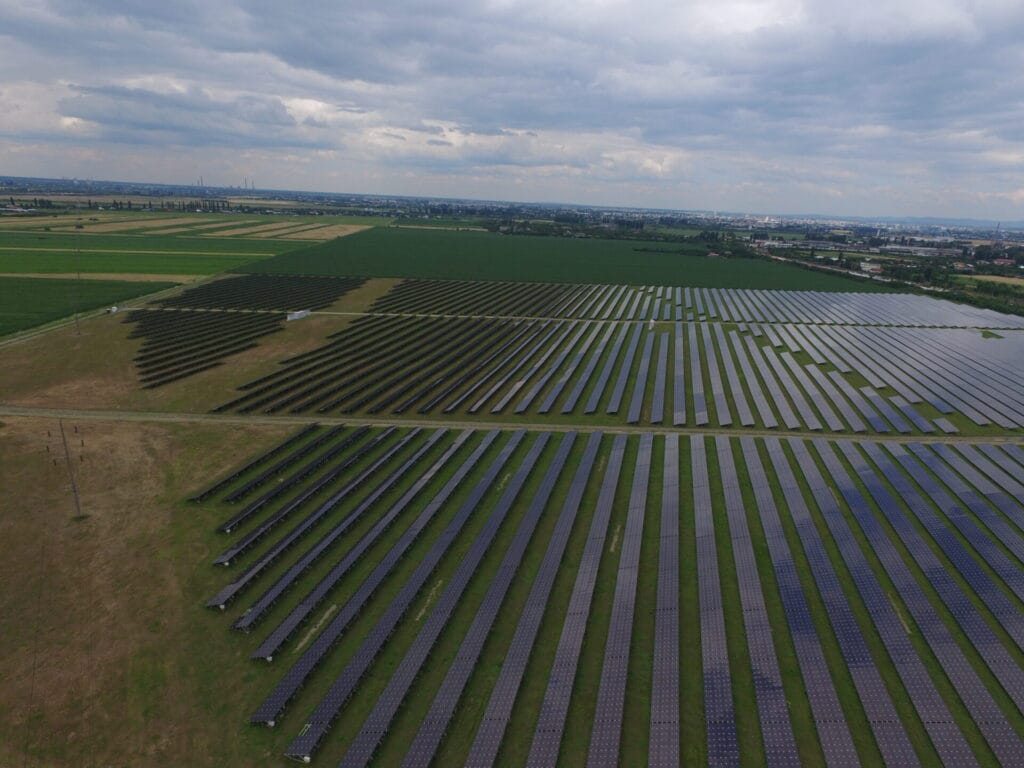
Economic and Energy Transformation
Romania, like many European countries, is positioned to capitalize on a huge opportunity to reshape its energy sector, driving not only energy security but also economic growth. By transitioning from a linear, non-sustainable economic system to a circular one, Europe can achieve a more equitable distribution of resources and reduce exposure to volatile commodity prices.
In the current system, wealth and resources are often concentrated in specific regions, leading to market imbalances and price surges. However, a circular economy driven by renewables allows for a more balanced approach. By embracing demand response and energy storage technologies, the energy sector can align more closely with sustainable economic models. But to reach this objective, all stakeholders—including governments, regulators, and businesses—must work together.
The Role of Regulation in Driving Renewables
The legislative and regulatory framework is pivotal in determining whether this energy transition succeeds. If governments do not support the shift away from fossil fuels through favorable policies, many opportunities will be lost. This is a case of utmost urgency—in the energy transition, the saying “better late than never” does not apply.
Fortunately, advances in renewable energy technologies are making electricity cheaper, more stable, and more reliable. Renewables liberate the energy sector from the price fluctuations tied to fossil fuels. Romania and Europe have vast potential for the development of new wind and solar PV plants to address the capacity deficit. Europe urgently needs new power plants, and renewables are the quickest to commission, offering the most cost-effective energy.
Electrification is not only about shifting energy sources but also about using available resources more efficiently. Electric technologies are generally more energy-efficient than traditional solutions. For instance, electric mobility is significantly more efficient than conventional vehicles powered by fossil fuels. The benefits are enormous—by decarbonizing electricity with renewables, we can simultaneously decarbonize many other sectors of the economy.
For Romania’s energy sector, the immediate need is to build and connect more generation capacity to the grid, solving the capacity shortfall. This expansion could position Romania as a regional energy exporter, providing energy security not only for itself but also for neighboring countries. Romania could once again become a net energy exporter, a strategic position with immense economic benefits.
For this to happen, regulations must not obstruct renewable energy initiatives. The country has substantial potential, and investors are eager to support projects. In the long run, these investments will naturally balance energy prices to an optimal level, benefiting consumers.
Regulatory policies must focus on the future, not the past, and should avoid creating barriers to investment in renewables. These investments will be funded either by private investors or EU funds, making them an economic opportunity rather than a financial burden. As electrification is widely acknowledged as the way forward, there is no need to waste resources on other energy sources that will become stranded assets in the future.
Renewable energy is not only the key to lower energy costs in Europe, but it also offers a sustainable way forward. By moving towards electrification powered by renewables and investing in digitalized grids, Europe can secure a more resilient, efficient, and economically competitive energy system. This transition, while requiring urgent action and regulatory support, promises a future of stable and affordable energy for all.
Curated by PPC.


